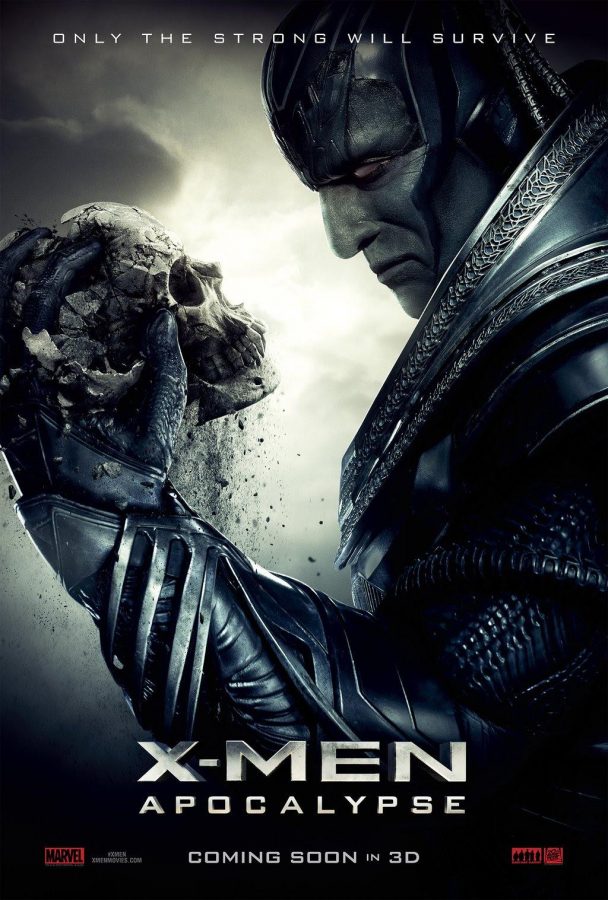(Oct. 29, 2010) — In the year 1999, college students Shawn Fanning and Sean Parker, frustrated by the difficulty of finding new music, created a computer program called Napster. Originally designed to simply assist in searching for music, Napster soon led to a problem bigger than either of them could ever have imagined: Internet piracy. Currently, the Recording Industry Association of America, an association that represents record companies, claims that in the last year alone their members have lost almost $12.5 billion in revenue from illegal sharing of music. One recent study done by Microsoft stated that the reason teenagers steal music and software so often is that they do not understand the consequences that getting caught doing so could have. In California, if a person is caught stealing music, he or she can be fined several hundred thousand dollars and even receive a prison sentence. “The amount that each individual person is fined is actually a little insane. I mean stealing one song is not worth $10,000, it’s worth 99 cents,” said sophomore Pete Simpson. Stealing a CD from a store, on the other hand, permits a maximum fine of $1,000, hundreds of times less than downloading the same songs. However, many who agree with these piracy laws think that by charging the music pirates the government is making it fairer for all of those people who buy their music. “I don’t think it’s fair how some of us pay for music and others just illegally download it. They shouldn’t get rewarded for breaking the law,” said sophomore Nick Baygan. “I don’t think it hurts [the record companies] that much. They have all the money that they need,” said one anonymous student. In fact, many believe that Internet piracy even benefits artists because it allows more people to hear the music which increases concert attendance, from which musicians get the majority of their income. In addition, a study done by the Norwegian School of Management showed that people who download music illegally are also ten times more likely to purchase music from legal sources. Internet piracy is not only limited to music, however. Software is also commonly copied and then shared over the Internet. For example, one anonymous student downloaded a pirated version of the $1000 program, Final Cut Pro. “I think companies lose a lot of money over people pirating music and videos and whatever else they want,” said the student. But he also says that he believes it does not affect companies too much as long as it is only done once or twice.
Categories:
The down on illegal downloads
October 28, 2010
More to Discover








